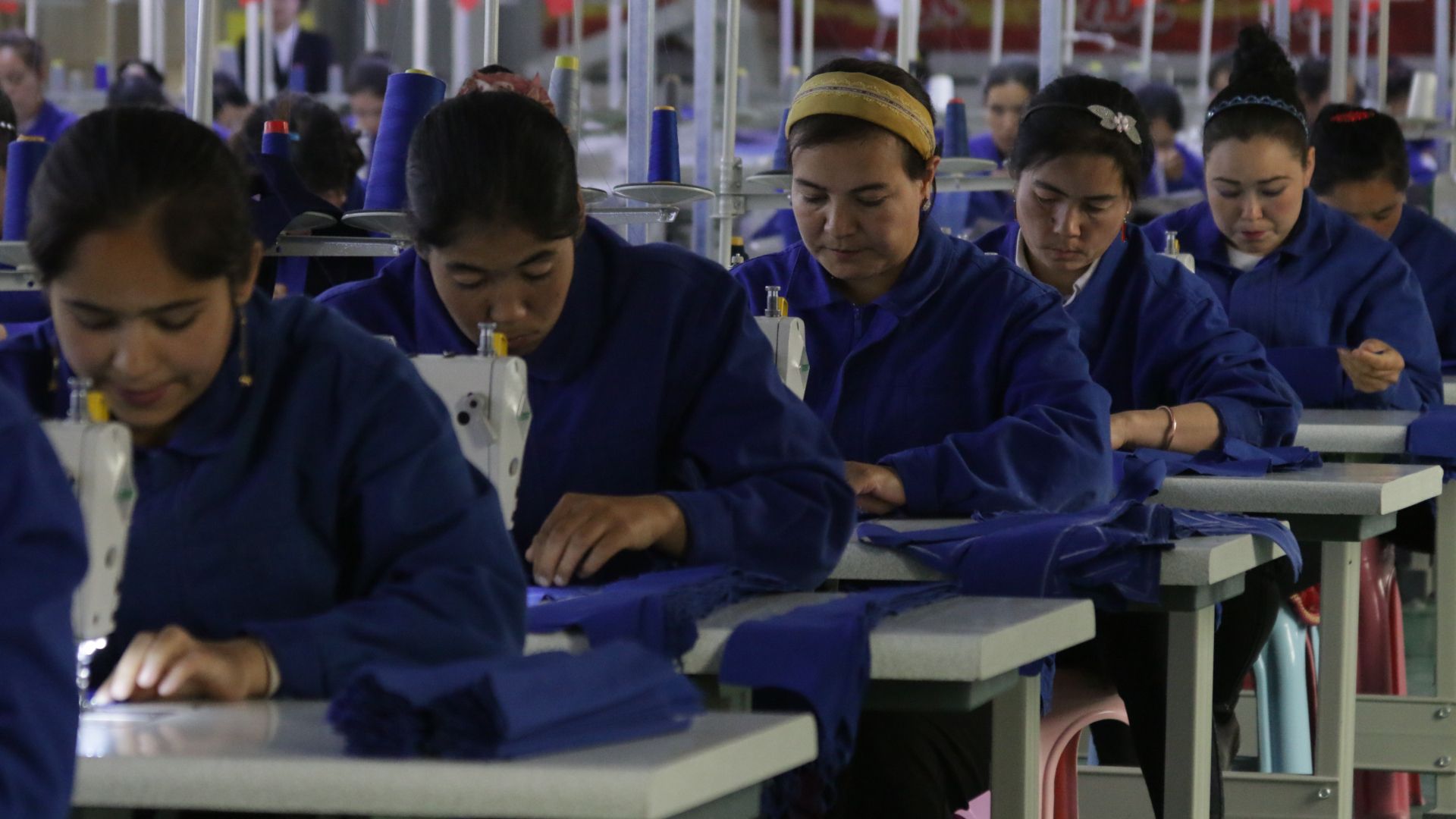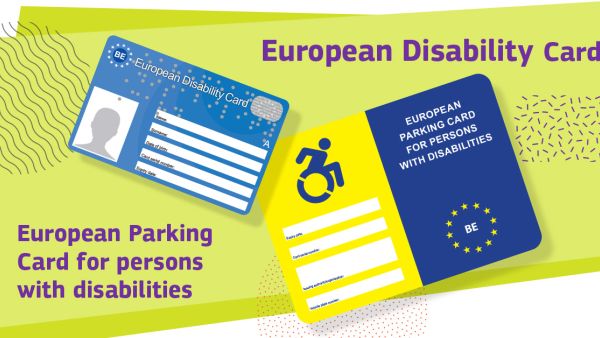The Socialists and Democrats welcome the expected European Commission proposal to ban products made with forced labour from entering the EU market. This is a long-awaited key demand and policy proposal for the S&Ds in this legislature.
It is estimated that 28 million people were in forced labour globally in 2021, that is 3 million more than the previous global estimates indicated in 2016. The urgency to act was further confirmed by the recent UN report denouncing human rights abuses against the Uyghur minority in the Xinjiang region of China.
The S&Ds will study the proposal in detail and will make sure that any possible loopholes are closed during the legislative process, so that we have an efficient instrument to eradicate forced labour.
Inma Rodríguez-Piñero, S&D MEP and coordinator in the European Parliament’s international trade committee, said:
“Europe cannot export values and principles, and import products made with forced labour. That the European Commission is coming out with this proposal is a big victory for our group.”
Bernd Lange, S&D MEP and European Parliament rapporteur on the file and chair of the international trade committee, said:
“The European Parliament has laid out its demands and the Commission is delivering – in many respects according to our wishes. This is a solid basis to build on.
“The European Commission's approach shows that they have learned from the shortcomings of other rather limited and over-politicised initiatives. The draft legislation is risk-based, transparent and provides room for international cooperation – even if details still need to be discussed. It is also country neutral, as we know that forced labour takes place across the globe.
“It is a strong European trade policy instrument, non-discriminatory and in line with our World Trade Organisation obligations.
“The issue of circumvention is something we will have to explore further. We will certainly have to look at the central role of EU member states in the proposal, I am not entirely convinced that the European level should not play a bigger role after all.”
Raphaël Glucksmann, S&D MEP and negotiator of the European Parliament resolution on a ban of products made with forced labour, said:
"Today is an important landmark and the result of years of civic mobilisation and political battles. After having passed a resolution in June, we now have an ambitious proposal from the Commission. Of course, not a perfect one, but a good basis for future work. Two years ago, we were told that such an instrument was impossible! We will now have to make sure that the planned mechanism is as swift and efficient as possible. Details matter and we will be vigilant. Banning the products of forced labour from entering in our market has been a crucial demand of our group and it will remain so until we see this instrument working."
Note to editors:
In the resolution adopted in June, the S&Ds proposed that the EU should have the ability to block forced labour products at our borders.
- Products should be detained by public authorities when there is sufficient evidence that forced labour has been used to produce or transport the goods.
- Public authorities may act on the basis of information provided by stakeholders, NGOs, affected workers, or anonymous submissions.
- The cargo would be released if (a) the company can prove that no forced labour was used, or (b) if the responsible companies provided remediation to the affected workers and forced labour is no longer present on the ground.
- Public authorities may request companies disclose relevant information about their supply chains.
- A coordination system should be created at an EU level to support customs authorities.
- This new trade instrument should be coherent with the future Due Diligence Directive and the review of the action plan on Trade and Sustainable Development (TSD) chapters.











